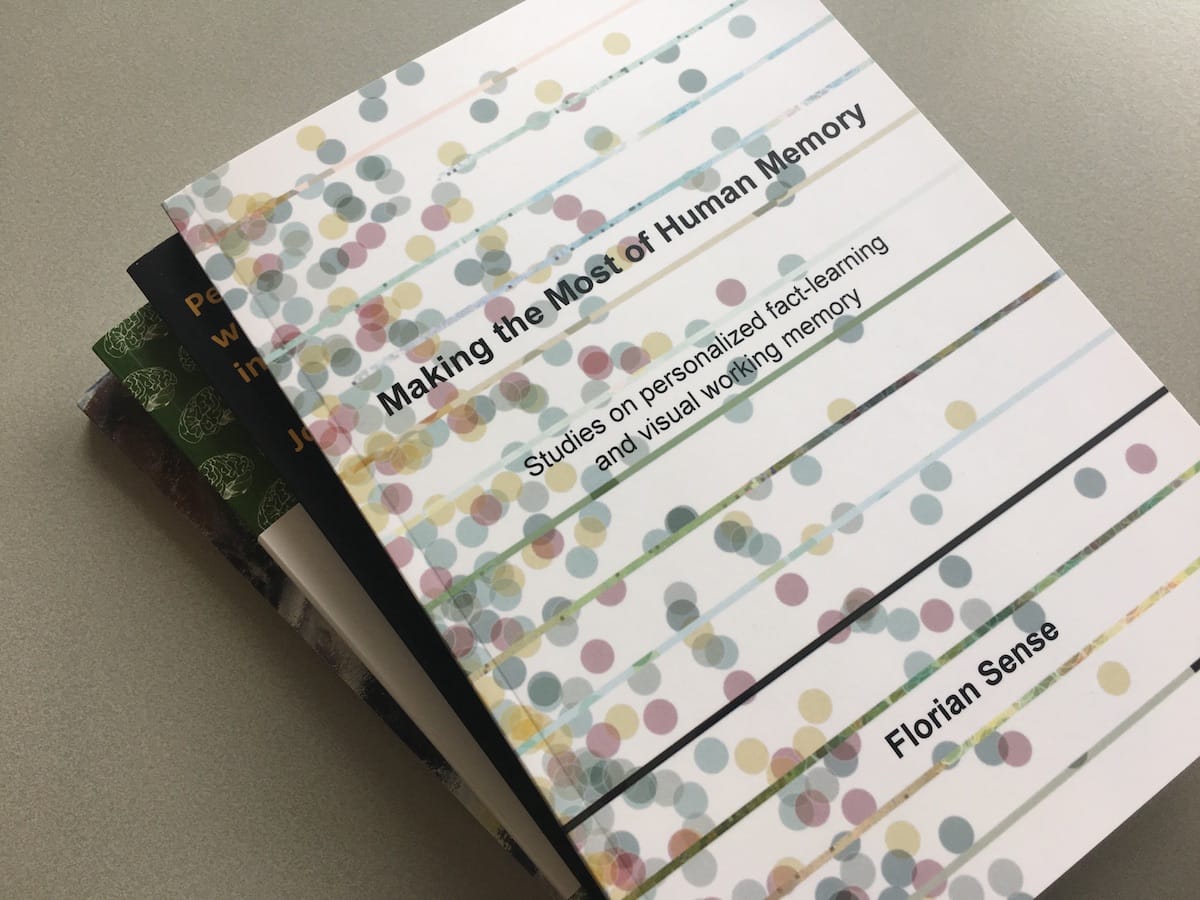
The student is dead, long live the student!
I just checked: I obtained my PhD 62 days ago. Which means I stopped being a student a while ago – a realization that hasn’t quite sunk in. I started my BSc in Psychology at the University of Groningen in 2007, which means I have been here for almost 10 years now. During those first three years, I felt very much like a student. I discovered my interest in cognitive psychology and computational modeling and was lucky enough to get a spot in the C-track of the Behavioral and Cognitive Neurosciences (BCN) research master program. During those two years, the student experience changed quite drastically: the student-to-teacher ratio was much lower and there was much more choice in the courses one could pick and the topics one could study. I went to the USA for my master thesis and signed a contract to start my PhD when I got back towards the end of the academic year in 2012.
And suddenly I was a PhD candidate. Now this is an interesting position to be in: Technically, I wasn’t a student anymore. I was now a full-time employee at the university, with an office on the second floor that had a little name board outside, featuring my newly acquired academic title, “M.Sc.”, behind my name. Pretty neat. The professors I knew from the classes I took in the last couple of years were now my colleagues. And the contract I signed stated that I’d have to spend 25% of the next four years teaching. This made me feel very uneasy at first. I felt like I wasn’t qualified to teach at all: I still felt like a student myself. I had no idea what I was doing and there was no “teacher training”. The more SPSS practicals, academic skills groups, and research practicals I taught, however, the more I realized – to my own surprise – that I was qualified to do this. The answers to most students’ questions seemed pretty obvious and if not, I knew where to find out or who to ask for help. This experience made me feel pretty good about myself.
Teaching made me realize that I could provide those things to students with less experience.
It also resulted in a bit of an identity confusion, though. Most of my time was spent doing research and I felt very much like a student: I needed help and guidance and I often got lost in technical details, losing sight of the bigger picture. Teaching made me realize that I could provide those things to students with less experience.
[…] I realized that being a student is a mindset, not a job title.
So over the last four years as a PhD candidate, I realized that being a student is a mindset, not a job title. The students (and colleagues/mentors, actually) I enjoyed working with the most have a genuine interest in the subject, want to understand and learn more about a subject, and are not afraid to acknowledge their confusion and ignorance about a topic. In fact, being a student has the advantage that people don’t expect you to be an expert, which allows you to ask all kinds of questions. This mindset should be preserved, regardless of experience or expertise in any given topic.
The main reason I have liked studying and working at the university is that the hierarchy is very flat. It makes it easy to embrace being a student and approach people that can mentor you. And before you know it, you have studied a topic long enough that people will start approaching you for help. I think that, ideally, we find a balance between being a student and being a mentor. If you’re only one or the other, you need to specialize more or get out of your comfort zone more.
As of now, the board on my office door features a brand new “Dr” in front my name. This is supposed to signal to people that I had the perseverance to turn myself into somewhat of an expert in one topic. One downside of being an expert, however, is being acutely aware of a topic’s complexity and all the things one does not understand. On the upside, this means there is still plenty of opportunity for me to cling to my student mindset. I hope I won’t abandon it any time soon. And I hope that neither will you.
Useful Links
Post on Mindwise by my PhD supervisor Hedderik van Rijn about our work: http://mindwise-groningen.nl/psychology-improves-learning-its-still-boring-but-your-test-results-will-be-higher/
A more recent article in the UK about my PhD research: https://www.ukrant.nl/magazine/smart-cramming-with-slimstampen/?lang=en
My PhD thesis: http://www.rug.nl/research/portal/en/publications/making-the-most-of-human-memory(20898558-30d2-4333-b367-6122a0e8f18c).html



